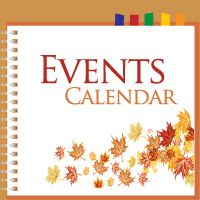Team development
Through the EXTRA project, Bowman, Klaasen and Komenda created a way to assess team functioning based on the eight indicators (please insert link to eight indicators pullout). Access River East (click here to read their success story - please insert link) and St. Boniface Geriatric Day Hospital were the teams who participated in the assessment process.
The process that the teams went through has been documented so people in the Region can be educated as facilitators who can guide and coach teams step by step to improving the collaboration. Along with the questions to ask to help teams probe deeper into their exploration, much of the assessment process helps teams discover the areas they're succeeding at, and celebrating those.
It's a vulnerable place to be when you ask for an external person to observe and assess your team. But it's also an opportunity to open the team up to areas for improvement.
"Access River East had done a lot of work and made progress as a collaborative team but were seeking further ideas on how to improve their teamwork," says Klaasen. "Through our assessment process and introducing them to tools like IP compass, we could give them the words and the concreteness to help them take their collaboration to the next level."
Based on what they learned, the trio created a teams toolkit, which will provide teams with the resources necessary to walk them step by step through the process of enhancing Collaborative Care. The toolkit will be featured at the upcoming Educating Health Professions in Collaborative Care in February 2014.
Readiness and willingness to improve things can't be underestimated. Improving the collaboration starts with self reflection and readiness for change. "If teams haven't started to critically look at themselves and understand they want to get better, they want to improve, then it doesn't matter what kind of work is done - there's not going to be any value to it," says Bowman.
